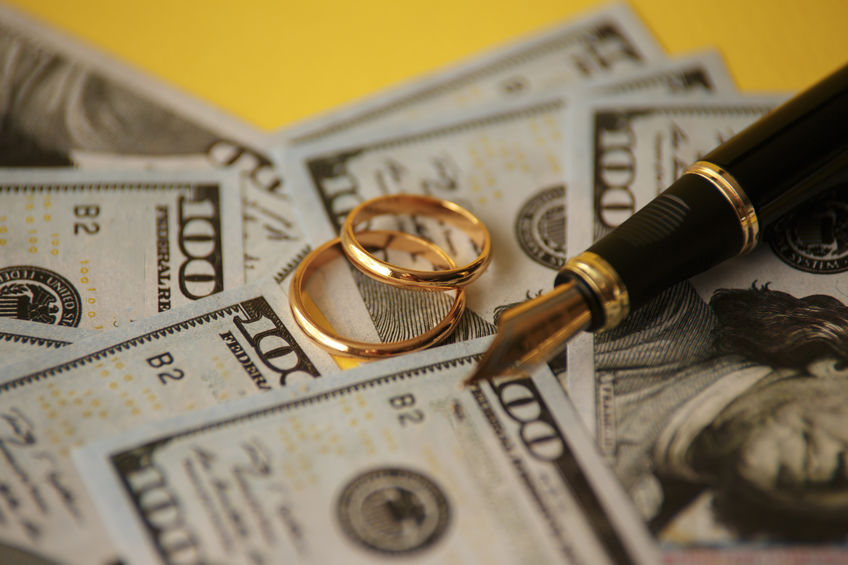2 min read
What happens to all my personal property like my car and wedding ring?
RMDLG Staff
:
July 31, 2020

Bankruptcy Exemptions
A part of the bankruptcy laws determines what property you get to keep, and what property the trustee will sell to pay your creditors. Bankruptcy is governed by federal law and there are federal exemptions; however, some states have their own exemptions that apply. In Colorado, you must use the state exemptions and cannot use the federal exemptions.
How do exemptions work?
An exemption allows you to keep property up to a certain value. For example, in Colorado, the exemption for jewelry is $2,500, which means if the total value of all jewelry you own is less than that, you get to keep all of it. However, if you only have one piece of jewelry and it is worth $6,000, then the trustee would sell the jewelry, give you $2,500, and then use the other $3,500 to pay your debts. If you file for Chapter 7 bankruptcy, then you get to keep all the exempt property, or the exempt value and the trustee will sell the rest. If you file for Chapter 13, you get to keep all your property, however, your payment plan must include enough to cover the portion of any non-exempt property. Using the jewelry example, if you want to keep your $6,000 piece of jewelry you must pay at least $3,500 in your plan.
What type of things are there exemptions for?
One of the largest personal property exemptions is for your car, which is $7,500, or $12,500 if you are elderly or disabled. This value does not include any loan you have for the car. For example, if your car is worth $20,000, but you have a $15,000 loan, the equity value of the vehicle is $5,000 which is below the exemption limit if $7,500 therefore the vehicle is exempt. Other exemptions include Clothing to $2,000; health aids; household goods to $3,000; food and fuel up to $600; one burial site per person; jewelry and articles of adornment up to $2,500; family pictures and books to $2,000; security deposits; proceeds for the damaged exempt property; and personal injury recoveries.
What about my savings?
There is no exemption for the money you have in your regular savings or checking accounts. All of that is available to the trustee to pay your creditors. However, money that you have in retirement or pension accounts is generally exempt. Money in tax-exempt retirement accounts, such as 401(k)s, 403(b)s, and SEP and SIMPLE IRAs is exempt. Regular IRAs and Roth IRAs are exempt up to $1,362,800. Also, pension plans, deferred compensation, and other retirement plans are generally all exempt as well. Maximizing your assets and using these retirement accounts can be a great way to get back on your feet after bankruptcy.
I have tools that I use for work, will I get to keep those?
You can keep up to $30,000 in tools, supplies, machines, books, and business materials if they are used in your primary occupation. So, if you are a mechanic, and you own your own tools, you’ll probably get to keep those. You can exempt up to $10,000 if it is used in an occupation other than your primary occupation. So if you have a side job, and your tools of the trade are only for that and not your primary job, the lower amount would apply.
Keep in mind that this is just an overview and you should contact us to get answers on your specific situation. The law also changes from time to time so things like the amount of the exemption might be different. We understand keeping your things is very important and our attorneys will do their very best to help you do that.



